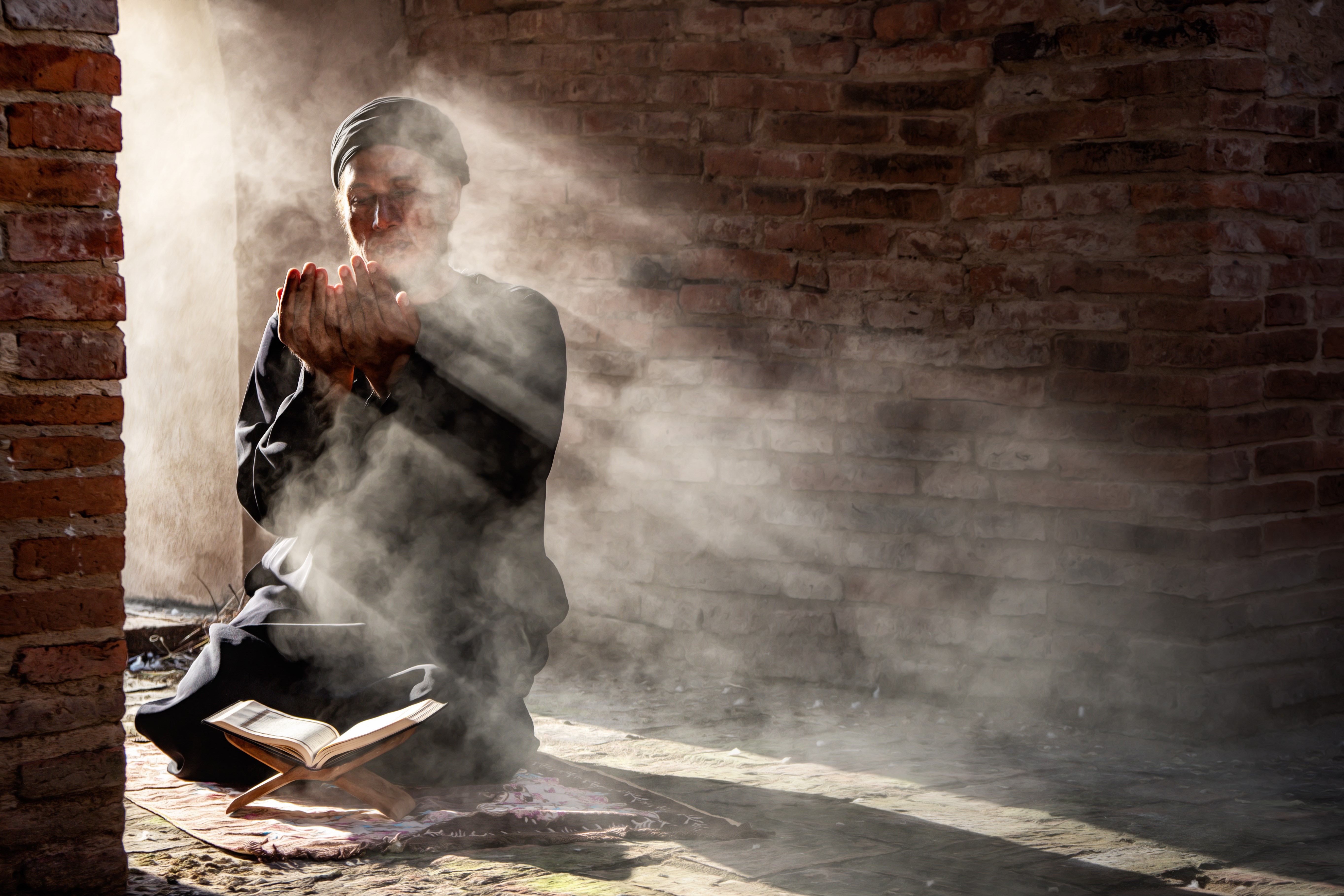When we think of spiritual transformation, we probably imagine someone who just came from Hajj or Umrah, clad in white, epitomising the physical form of what we see as inner spiritual cleanliness. Of course, these people may be sin-free, and yes, experiences like Hajj and Umrah help an individual on the path of spiritual transformation.

But spiritual transformation is not just a one-time event; it is a process. Ramadan is the month of spiritual transformation, in which we can combine many different elements from the deen and apply them to ourselves for thirty days to transform ourselves spiritually.
This Ramadan, if you need some guidance on how to transform your soul, we got you. We have compiled these three elements from the deen, which result in a beautiful transformation of the soul:
In this ayah, Allah mentions the purification of two types—purification of the body and of the soul. When we repent, we purify ourselves of sin by the Mercy of Allah. And when we make wudu and ghusl, we make ourselves ritually and physically pure. Allah (SWT) mentions in this ayah that He loves those who constantly repent to Him, who constantly turn back to Him, and those who purify themselves ritually with wudu and ghusl.
Another way to purify our nafs is by fast. By fasting, we abstain from not only the haram but also the halal. This gives us the spiritual strength to stay away from even more haram later after Ramadan. While we fast, we guard our eyes and our ears, we guard our private parts, and we guard our tongue. All of this leads to our nafs becoming purified.
The abstinence that leads to the purification of our nafs is not possible without mindfulness of Allah (taqwa). Taqwa is often translated as “fear of Allah,” which actually means is that when a person has taqwa, they fear Allah’s punishment such that it makes them mindful of Allah’s watchfulness over them.
The reason why we don’t just go and break our fast when no one is looking is because we know Allah is looking. The reason why we don’t just backbite somebody when we are angry at them is because we know Allah is listening. That is taqwa.
While mindfulness can be understood as Taqwa, it can also be understood as remembrance, especially when it is juxtaposed against ghaflah or heedlessness. Being mindful of Allah and not falling into oblivion is the responsibility of every Muslim.
We learn from this hadith the importance of remembering Allah and being mindful of Him in heart and deeds. We have to strive against becoming negligent and unaware of our internal state.
Ramadan is the month in which we naturally pay more attention to our internal states and in which we actively try to put away our distractions and engage in the worship of Allah. We certainly fast all month (because it’s mandatory), but we also pray extra salawat, we give extra charity, we abstain from following our desires, we read more Qur’an, and remember Allah more. All of these things lead us to become more mindful of Allah’s Presence in our lives. Ramadan is a spiritual bootcamp. We push ourselves just a little more so that we can learn to subdue our nafs and taste the sweetness of the worship of Allah.
The act of giving. What an amazing way to live your life. Generosity is a trait of the believer. The Prophet (SAW) was always the most generous of people, but it is known that in Ramadan, he amplified his giving even more. SubhanAllah.
What better way to spiritually transform yourself other than by following the example of the Prophet (SAW)? While we have, let’s give to those who don’t have, and maybe when we are in need, Allah will make a way for us.
Give from your wealth, and it will purify your nafs and increase your wealth. Give from your time, and Allah will give you barakah in your time. Give from a kind word and a smile, and Allah will cause happiness to enter your heart as you caused happiness to enter the heart of another Muslim. Generosity is a gift that keeps on giving.
When you help your fellow Muslims by being generous with your time, wealth, and resources, Allah comes to your aid when you need it most. Allahu Akbar! What a great blessing!
May Allah allow us all to embody the qualities of purification, mindfulness, and generosity so that we can embark on a path of spiritual transformation for His Sake. May Allah bestow His Mercy upon us and purify us and grant us the highest levels of Jannah. Ameen.